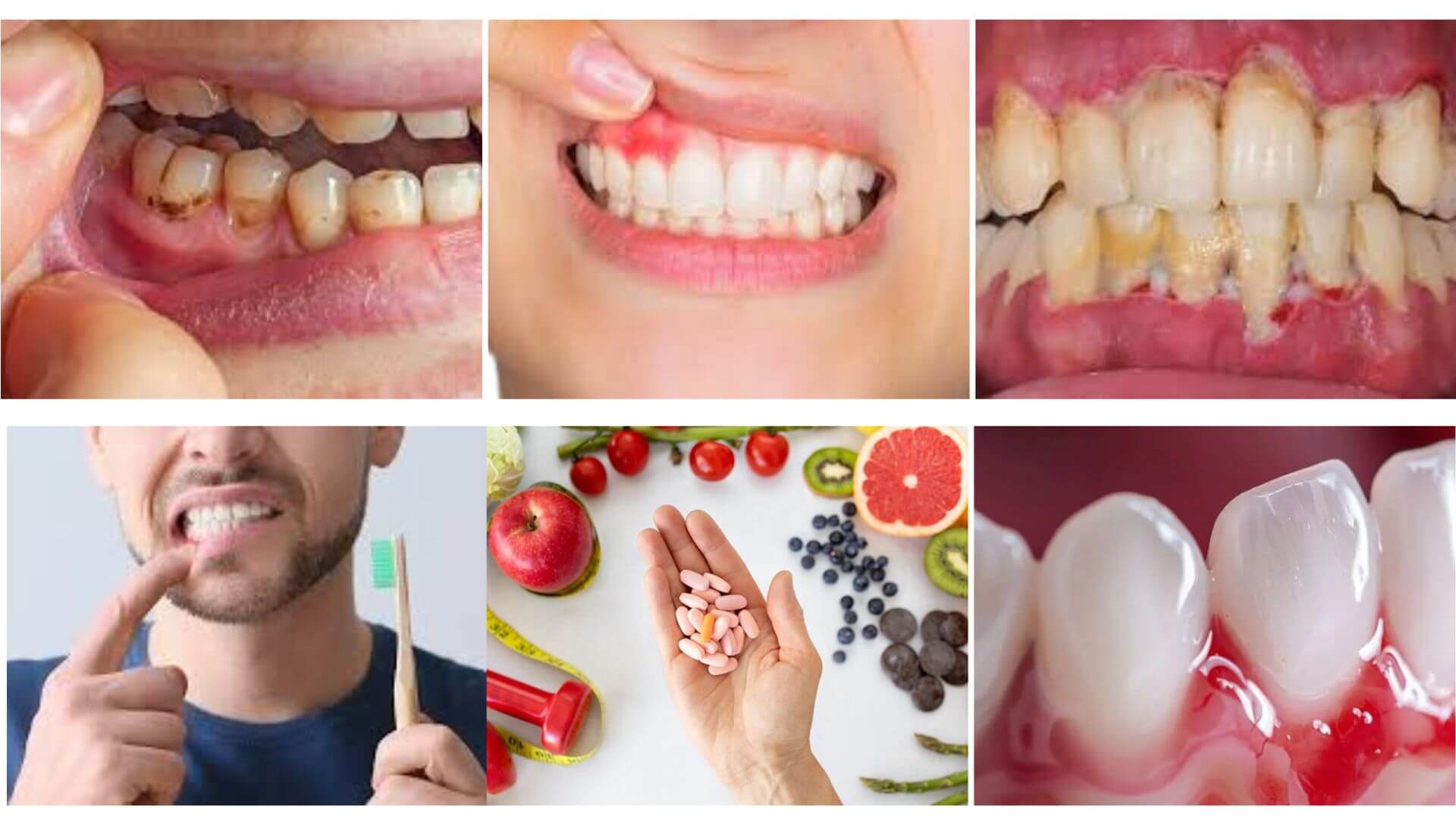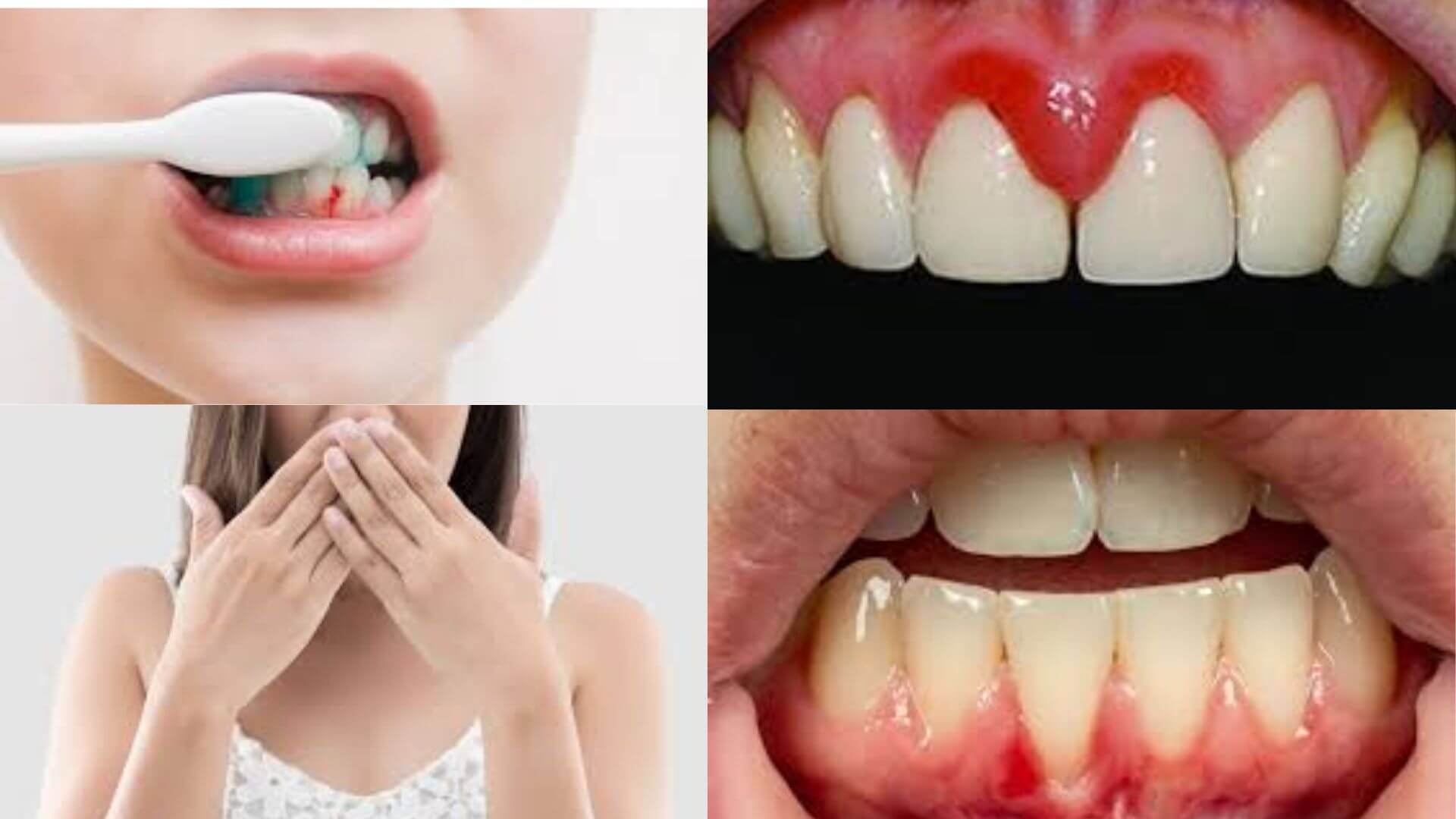Have you ever noticed a little blood when brushing or flossing your teeth? Many people think it’s normal—but it’s not. Bleeding gums are your body’s way of telling you something’s not right. And ignoring this sign can lead to serious dental problems in the future.
Let’s understand why your gums may be bleeding and what you can do about it.
Why Do Gums Bleed?
Healthy gums should not bleed. When they do, it’s usually a sign of inflammation or infection.
Here are some common reasons:
- ● Poor Oral Hygiene: Not brushing or flossing properly allows plaque (a sticky layer of bacteria) to build up on your teeth and gums. Over time, this can irritate your gums and cause bleeding.
- ● Gingivitis: This is the early stage of gum disease. It causes red, swollen, and bleeding gums. The good news? It’s reversible if treated early.
- ● Periodontitis: If gingivitis is not treated, it can turn into periodontitis—a more serious form of gum disease that damages the gums and bones supporting your teeth. This can even lead to tooth loss.
- ● Brushing Too Hard: Using a hard-bristled toothbrush or aggressive brushing can damage your gums and make them bleed.
- ● Vitamin Deficiencies: A lack of Vitamin C or K in your diet can also contribute to bleeding gums.
- ● Hormonal Changes: Pregnancy, menstruation, or menopause can make gums more sensitive and prone to bleeding.
- ● Medical Conditions or Medications: Some health issues (like diabetes) and blood-thinning medicines may also increase bleeding.
 What Are the Warning Signs?
What Are the Warning Signs?
If you notice any of these symptoms, it’s time to take action:
- ● Bleeding while brushing or flossing
- ● Swollen, red, or tender gums
- ● Bad breath that doesn’t go away
- ● Receding gums (your teeth may start to look longer)
- ● Loose teeth or change in bite

What Should You Do If Your Gums Are Bleeding?
Here are some simple steps you can take to improve your gum health:
✅ Brush gently but thoroughly twice a day with a soft-bristled toothbrush and fluoride toothpaste.
✅ Floss daily to remove plaque from between your teeth.
✅ Rinse with an antiseptic mouthwash to reduce bacteria.
✅ Eat a balanced diet rich in vitamins and minerals—especially Vitamin C and calcium.
✅ Stay hydrated—dry mouth can worsen gum problems.
✅ Quit smoking, if you do. It weakens the immune system and makes it harder for gums to heal.
✅ Visit your dentist regularly for cleanings and check-ups. They can catch early signs of gum disease and treat it before it gets worse.
Why Professional Care Matters
Bleeding gums should never be ignored, especially if it happens frequently. At this stage, home care alone may not be enough.
A professional cleaning at the dental clinic removes hardened plaque that you can’t remove with a toothbrush. If needed, your dentist may suggest a scaling and root planing treatment—a deep cleaning that helps your gums heal and reattach to your teeth.
Caring for Your Gums Starts Here
If you’re in Patia, Bhubaneswar and struggling with bleeding gums or other dental issues, it’s time to seek help from a trusted dental expert.
At Elite Dental Clinic, Dr. Smruti Nanda Mahapatra has years of experience treating gum problems gently and effectively. Whether it’s early gingivitis or advanced gum disease, she and her team provide personalized care to restore your gum health and protect your smile.
Final Thoughts
Bleeding gums are not something to take lightly. They are a sign that your gums need attention—right now. With early action and proper care, you can stop the problem before it becomes serious.
Take that first step towards better oral health. Book your appointment today and give your gums the care they deserve!
Our Clinic Information
3rd floor, 303, Royal Arcade Complex, Nandankanan Rd, Patia, Bhubaneswar, Odisha 751024
Have any question?
+91 93379 33405
Send email
elitehealthcompany@gmail.com

